Chinese influence heads agenda in Quad’s regional security talks
Key Indo-Pacific democracies to work together to counter growing Chinese assertiveness in the region.
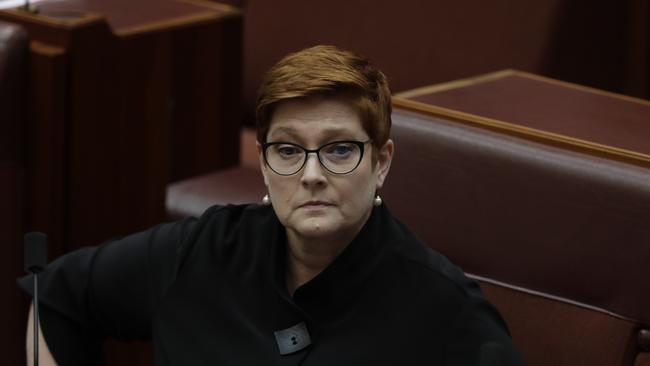
Foreign Minister Marise Payne and her US, Indian and Japanese counterparts have laid the groundwork for countering growing Chinese assertiveness in the Indo-Pacific.
In a virtual meeting that stretched overnight Thursday, the Quadrilateral Security Dialogue foreign ministers vowed to stand by regional partners in the COVID recovery phase, amid a push by Beijing to use the crisis to reshape the regional order in its favour.
Senator Payne, US Secretary of State Antony Blinken, Japanese Foreign Minister Motegi Toshimitsu and Indian External Affairs Minister Subrahmanyam Jaishankar discussed how to provide “strategic reassurance” to Southeast Asia by rolling out vaccines and economic support, and reinforcing maritime and cyber security.
Maintaining regional influence by fighting disinformation and providing humanitarian support were also on the agenda, along with the challenges faced by Taiwan, and the coup in Myanmar.
A planned Quad leaders’ meeting, which would bring together Scott Morrison, Joe Biden, Japan’s Yoshihide Suga and India’s Narendra Modi, could occur in the first half of the year, and will help cement the new US President’s Indo-Pacific policy agenda.
It is the first meeting of Quad foreign ministers since Mr Biden’s election, and follows a joint naval exercise by the grouping’s members hosted by India in November.
The Australian government is working hard to elevate the Quad as a security grouping, and is also a strong supporter of Britain’s proposed Democratic Ten or D10 grouping of democratic nations to replace the G7.
The Department of Foreign Affairs and Trade said the Quad was “a key pillar of Australia’s international agenda”.
“This dialogue will allow our nations to advance our shared interest in a secure and prosperous region,” it said.
A spokesman for Mr Blinken said the meeting would discuss key regional challenges. “This discussion with the Quad foreign ministers is critical to advancing our shared goals in the free and open Indo-Pacific and rising to the defining challenges of our time, including co-ordinating our efforts and COVID-19 response, as well as climate change,” he said.
Mr Biden has said working closely with allies will be key to his China strategy, in which the US would aim to “out-compete” Beijing.
In another collective stand against China this week, Australia joined 57 other countries to support a Canadian-led international declaration denouncing state-sponsored arbitrary detention of foreign citizens. The move came almost 800 days after Canadians Michael Spavor and Michael Kovrig were detained in China.
Australia was one of the first countries to support the Canadian initiative, which was first raised in bilateral meetings held after Australian citizen Yang Hengjun was detained in China in January 2019.


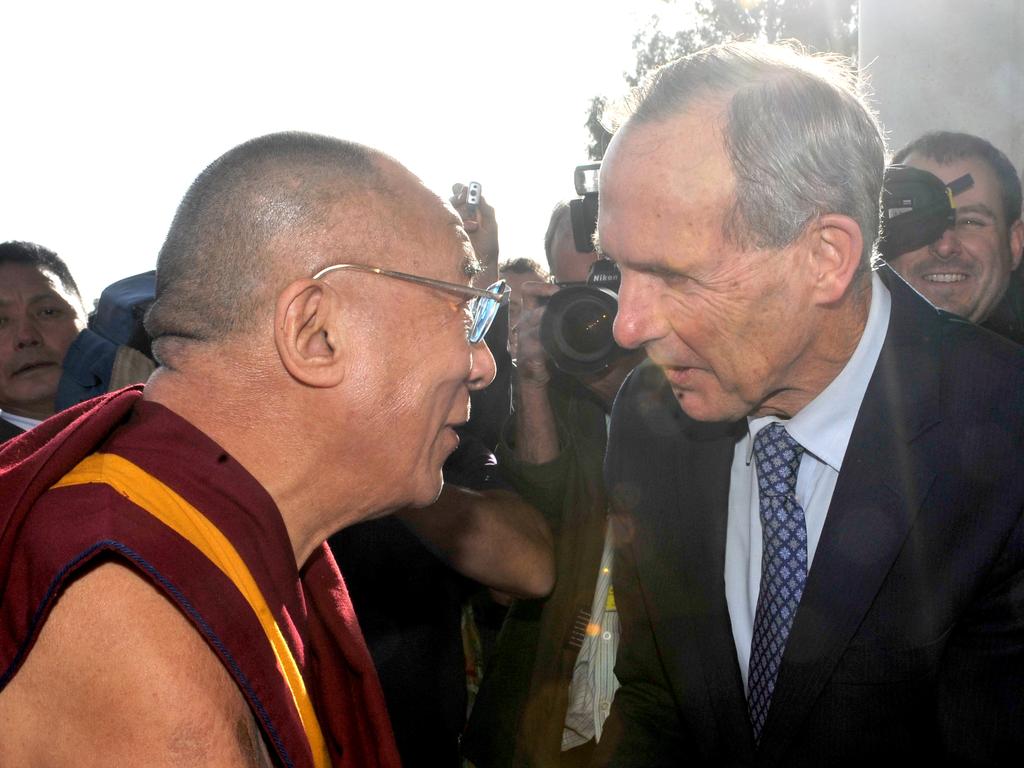
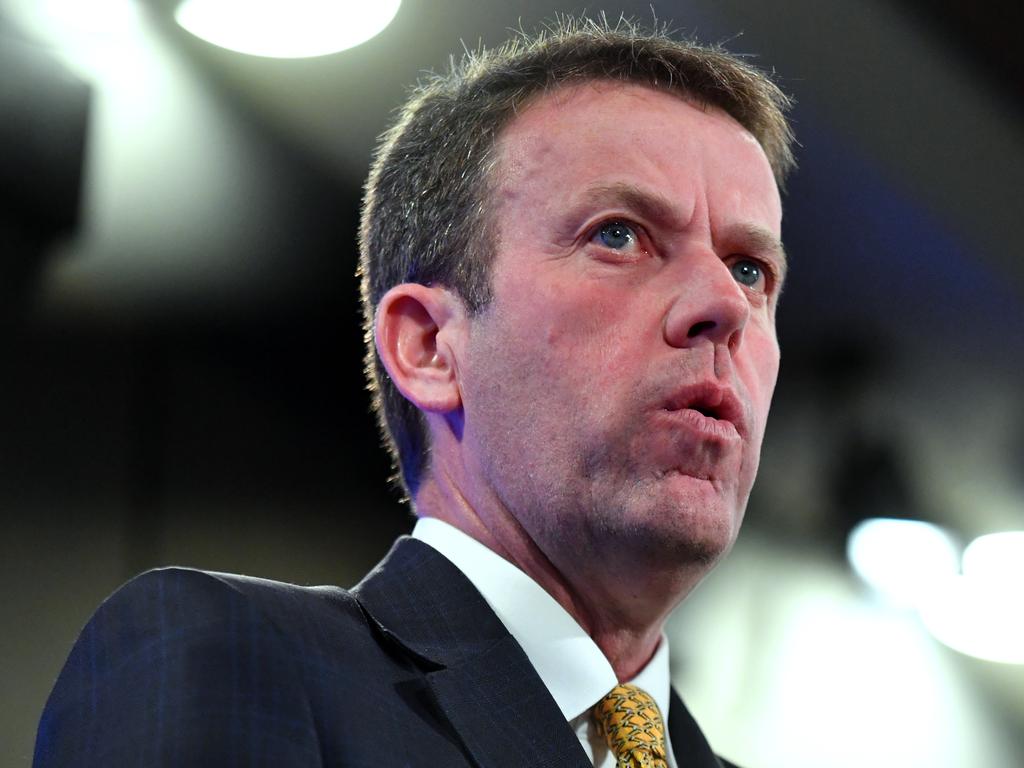
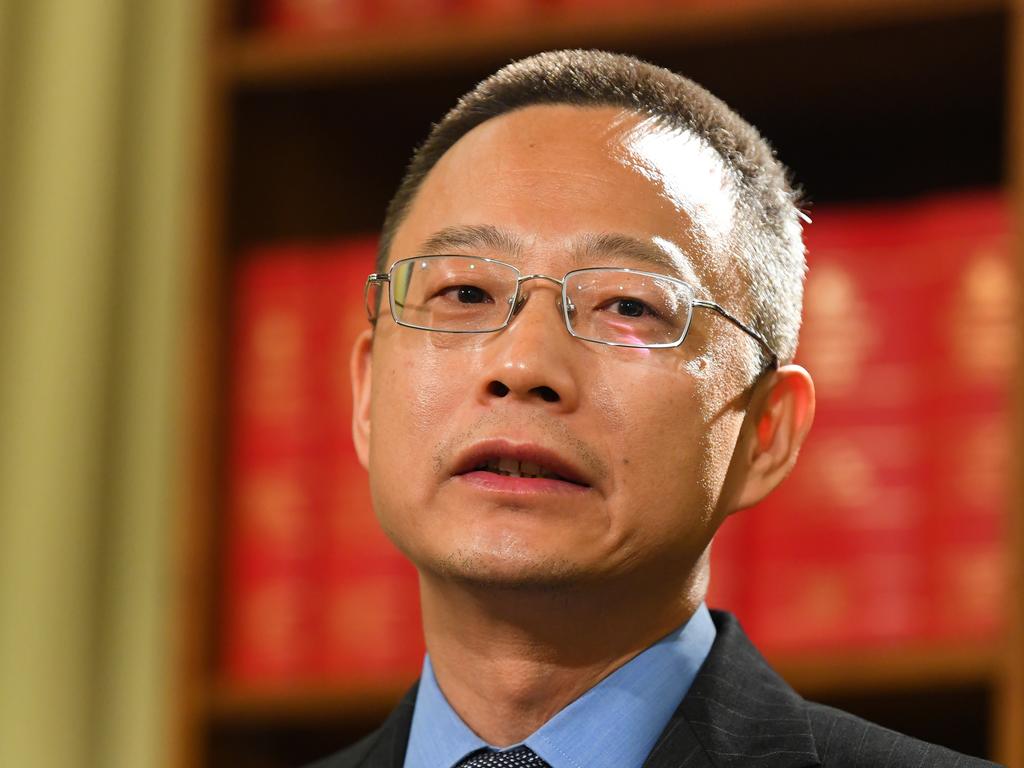
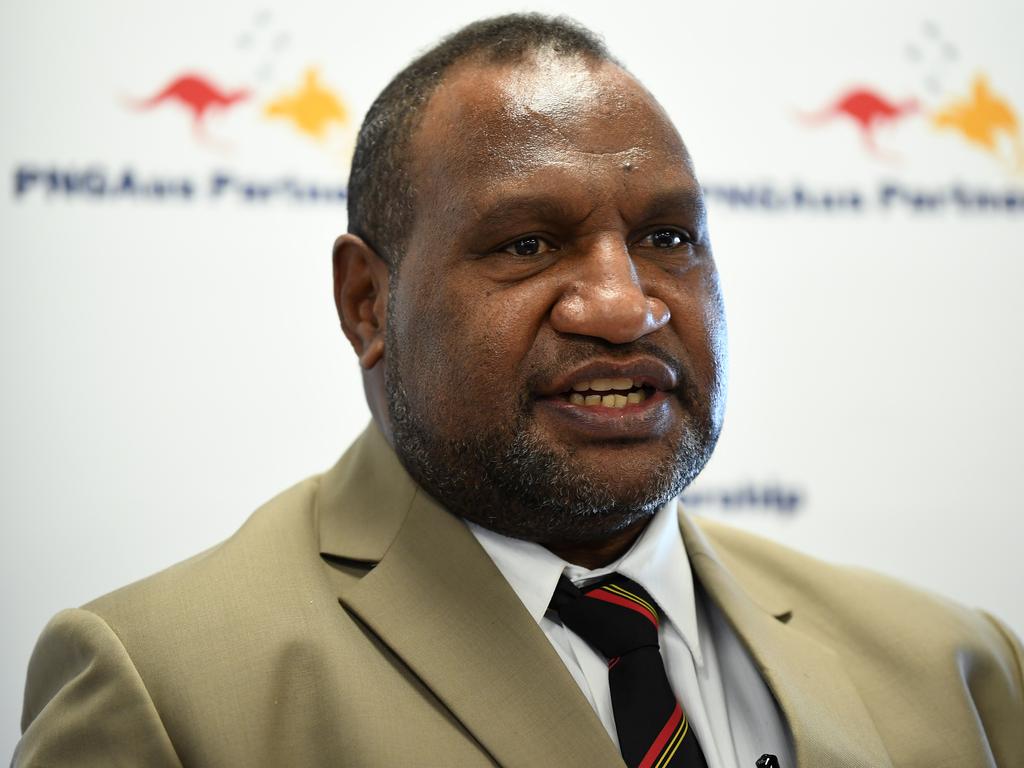
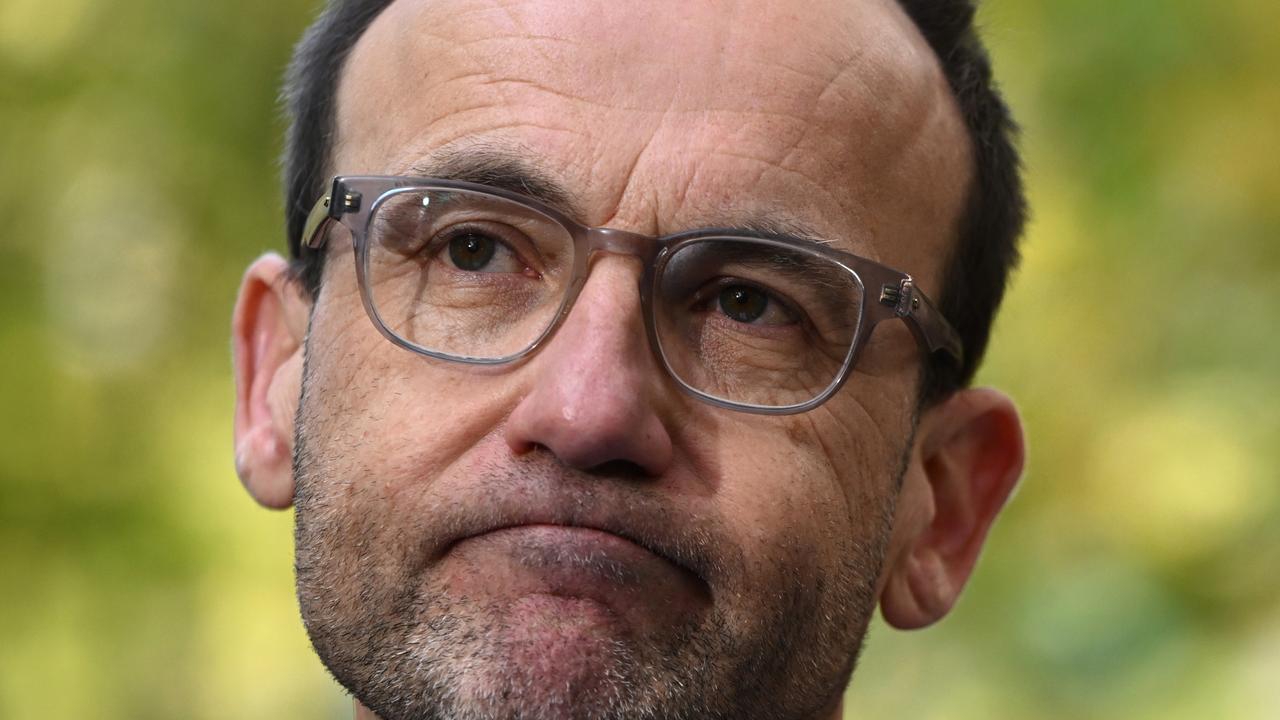
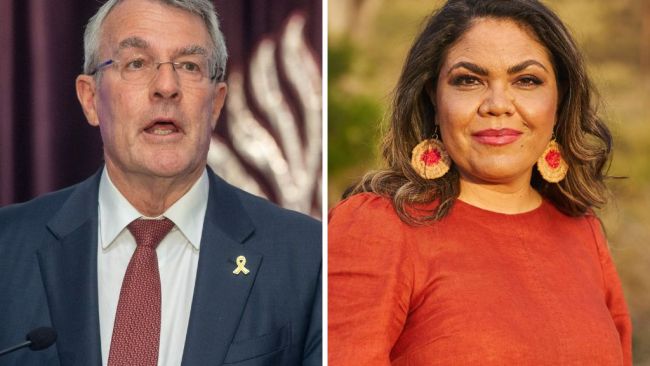
To join the conversation, please log in. Don't have an account? Register
Join the conversation, you are commenting as Logout